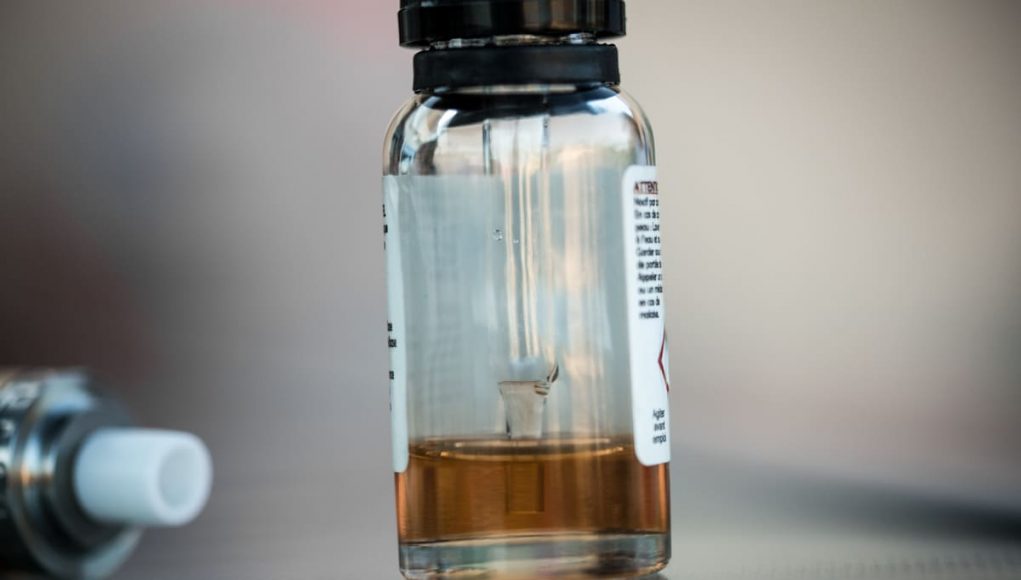The post by Dr. Siegel started by pointing out that by suppressing information about the number one cause of severe, vape-related harm to youths, the Centers for Disease Control and Prevention (CDC) is deceiving the public into “thinking that e-cigarettes are at the top of the list,” a fact which is untrue.
The public health expert went on to explain, that for three consecutive years (2016-2018), the CDC’s National Youth Tobacco Survey (NTYS) has indicated that the overwhelming majority of youths who were heavy e-cigarette vapers (use on 20 or more days per month) were also vaping marijuana. However, he added, in all three years, the CDC has failed to report this detail.
Siegel added that while this does not in any way minimize the fact that nicotine addiction should be avoided at all costs, it is imperative that health authorities disclose data which could save lives.
“Substantial numbers of youths have been affected by psychosis due to vaping THC and in some cases, groups of youths have actually had to be taken to emergency rooms because of the vaping of THC products that may have been contaminated with synthetic marijuana or other drugs.”
“This is by no means to minimize the harm being caused by addiction to devices such as JUUL which deliver high concentrations of nicotine salts. However, it is to point out that what is actually causing serious acute health harm to adolescents is THC vaping, not the use of e-cigarettes.”
The numbers
The following are the data not disclosed by the CDC:
“Percentage of CURRENT teen e-cigarette users reporting ever use of THC vapes:
2016: 39%
2017: 52%
2018: 54%
Percentage of HEAVY teen e-cigarette users reporting ever use of THC vapes:
2016: 62%
2017: 73%
2018: 71%”
Could the EVALI outbreak have been avoided?
Sadly, added Siegel, if the CDC had reported these data in 2016, when the trend to vape THC was first observed, it is likely that measures which would have in turn prevented the recent outbreak of EVALI could have been taken.
Even more shocking, pointed out the expert, is the fact that despite this pattern and the fact that EVALI has been linked to THC consumption, the survey question looking at this data has now been taken out of the questionnaire.
“What percentage of youth e-cigarette users reported having also vaped THC in 2019?
The answer is …
… we have no idea.Why? Because the CDC did not even ask the question about marijuana/THC vaping in the 2019 National Youth Tobacco Survey!,” pointed out Siegel.
The question asking teens about THC consumption has been removed from the survey
Why would the CDC intentionally take this question off the survey, when it had included the question in the 2016, 2017, and 2018 surveys, asks Siegel.
“If you put everything together:
- the fact that the CDC concealed the information on youth THC vaping for three straight years;
- the fact that the CDC blamed the EVALI outbreak on e-cigarettes rather than on THC vaping for months before finally having to admit that e-cigarettes were not to blame; and
- the fact that the CDC intentionally removed the THC vaping question from the 2019 NYTS,”
Why is this information being suppressed?
What is going on here? What is the CDC trying to achieve? The public health expert suspects that this data has been suppressed in order to divert the focus onto nicotine-containing e-cigarettes. “The rest of the story is that the CDC is concealing and suppressing critical health data on youth marijuana use, apparently in an attempt to over-hype the harms of e-cigarettes.”
“This is causing significant adverse public health consequences. Unless health practitioners and agencies understand that the problem of youth vaping is not solely a problem of youth e-cigarette use, they will be unable to craft an effective policy to protect the health of our nation’s youth,” concluded Dr. Siegel.
Read Further: The Rest of the Story
Massachusetts Withholds Information About the Cause of EVALI From the Public








